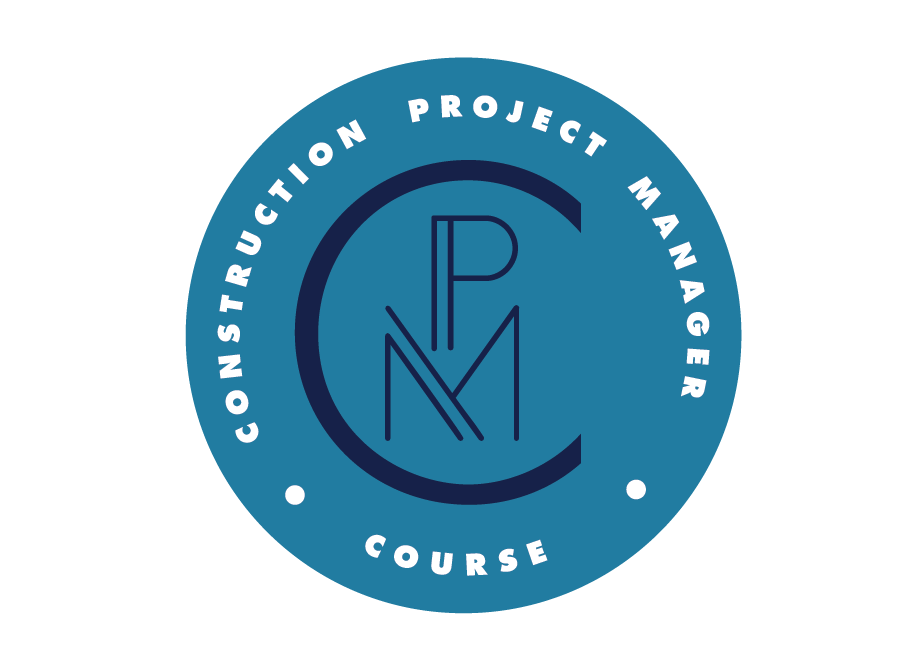Modules & Learning Objectives
Overall Learning Objectives
Upon successful completion of this course, the learner will be able to:
- Identify the importance of pre-planning and its correlation with a company’s bottom line.
- Discuss the impact of low job site productivity on the project contractor, craftsperson, project owner and designer.
- Discuss information required to evaluate and select subcontractor and vendor services and material and equipment purchases.
- Identify legal actions, or lack thereof, that can have far-reaching legal consequences for the project manager, their company and many others.
Module 1: Problem Solving & Decision Making
- Identify tools and approaches for creative problem solving and decision making.
- Discuss how to use decision making techniques in current challenges through classroom exercises.
- Develop basic negotiation skills for problem solving and issue resolution.
Module 2: Communications
- Identify how each personality trait leads to effective leadership in problem solving, communications and teamwork.
- Describe the correlation between communication skills, personal leadership strategies and high performing teams.
- Illustrate techniques for effective oral and written communications.
- Distinguish between listening and hearing.
- Identify strategies to conduct effective meetings.
Module 3: Project Planning
- Identify the importance of pre-planning and its correlation with a company’s bottom line.
- Outline the pre-planning process.
- Discuss pre-planning and planning tools.
- Demonstrate team building techniques within the pre-planning process.
Module 4: Safety Management
- Describe the project manager’s role in regards to safety management.
- Identify how safety affects a jobsite, both positively and negatively.
- Discuss best practices in managing safety on a construction project.
- Discuss the direct and indirect costs related to injury and claims management.
- Identify best practices for navigating an OSHA inspection.
- Establish a positive safety culture on your projects.
Module 5: Subcontractor & Vendor Management
- Discuss information required to evaluate and select subcontractor and vendor services and material and equipment purchases.
- Demonstrate how to prepare documents for the purchase of the services mentioned above.
- Describe how these documents aid in maintaining a project within budget, on schedule and with reduced claim potential.
- Identify effective techniques for dealing with new subcontractors vs. experienced subcontractors.
Module 6: Cost Control
- Identify the project manager’s role in cost control.
- Discuss the importance of tracking job costs.
- Examine sample report forms used throughout the project in order to demonstrate the need for meaningful cost budgets.
- Illustrate cost analysis through the use of examples.
- Explain how good cost control practices and forecast probable final project cost.
Module 7: Project Recordkeeping
- Examine the various types of project records that must be generated, tracked and stored to increase project efficiency and prevent legal issues.
- Analyze the project manager’s role in ensuring that project records are being properly maintained to avoid future conflicts and support claims.
- Discuss capabilities of various software packages to assist with the recordkeeping process.
Module 8: Construction Productivity
- Identify reasons for low job site productivity.
- Discuss the impact of low job site productivity on the project contractor, craftsperson, project owner and designer.
- Identify practices to ensure each worker is part of the overall project team.
- Analyze models to measure, predict and improve job site productivity.
- Identify environmental factors that impact productivity.
- Describe how to apply short interval schedules and job schedules to increase field productivity.
- Develop a work plan to increase field productivity.
Module 9: Time Management
- Develop an understanding of how to manage time effectively.
- Demonstrate how personal behavior affects time management.
- Examine time management techniques that can be used on the job.
Module 10: Claims Management
- Illustrate techniques for completing projects with a minimum amount of disputes using effective document control.
- Examine specifications and contract language.
- Identify a process for managing change orders.
- Describe the difference between arbitration, mediation, litigation and alternative dispute resolution.
Module 11: Critical Path Method (CPM) Scheduling
- Identify ways to plan and schedule work more efficiently using Critical Path Method (CPM) scheduling.
- Analyze modern scheduling techniques including the CPM schedule, bar charts, computer printouts and plots.
- Identify how to use the CPM schedule as a tool for avoiding or documenting future claims.
- Discuss the importance of regular updates to the CPM schedule.
Module 12: Legal Issues & Contract Clauses
- Discuss the significant legal implications project managers face.
- Identify actions, or lack thereof, that can have far-reaching legal consequences for the project manager, their company and many others.
- Identify specific areas where caution is necessary in order to avoid legal problems.
Module 13: Innovation
- Discover the latest trends in Building Information Modeling (BIM).
- Discuss benefits of Lean Construction.
- Explain the origins of Lean Construction.
Daily Schedule
Tentative Schedule is Subject to Change
Day 1
Team Building & Networking
Day 2
Problem Solving, Decision Making, Safety Management & Innovations
Day 3
Communications & Project Planning
Day 4
Subcontractor + Vendor Management, Cost Control, Project Recordkeeping & Construction Productivity
Day 5
CPM Scheduling, Legal Issues + Contract Clauses
Day 6
Time Management & Claims Management
Questions? Contact AGC of America’s Sharon Williams or Jo-Anne Torres for additional information.
Earn Your Professional Credentials
AGC’s widely recognized Construction Project Manager Course offers participants up to 35 qualified hours of professional development with the opportunity to receive the following continuing education credits:
 3.5 IACET CEUs | The Associated General Contractors of America (AGC) is accredited by the International Accreditors for Continuing Education and Training (IACET) and offers IACET CEUs for its learning events that comply with the ANSI/IACET Continuing Education and Training Standard. IACET is recognized internationally as a standard development organization and accrediting body that promotes quality of continuing education and training. 3.5 IACET CEUs | The Associated General Contractors of America (AGC) is accredited by the International Accreditors for Continuing Education and Training (IACET) and offers IACET CEUs for its learning events that comply with the ANSI/IACET Continuing Education and Training Standard. IACET is recognized internationally as a standard development organization and accrediting body that promotes quality of continuing education and training. |
 35 AIA/CES LUs | The Associated General Contractors of America (AGC) is a Registered Provider with The American Institute of Architects Continuing Education Systems. Credit earned on completion of this program will be reported to CES Records for AIA members. Certificates of completion for non-AIA members are available on request. 35 AIA/CES LUs | The Associated General Contractors of America (AGC) is a Registered Provider with The American Institute of Architects Continuing Education Systems. Credit earned on completion of this program will be reported to CES Records for AIA members. Certificates of completion for non-AIA members are available on request. |
This course also qualifies for continuing professional development (CPD) units from the American Institute of Constructors (AIC).
In order to qualify for CEUs, participants must:
- Attend the relevant course for at least 95% of instruction time.
- Complete all instructor evaluations as well as the overall course evaluation.
- Complete the overall assessment via the AGC Learning Center with a score of 75% or greater.
Please verify applicability with your professional board before attending. For more information on AGC credentialing opportunities, contact education@agc.org.



